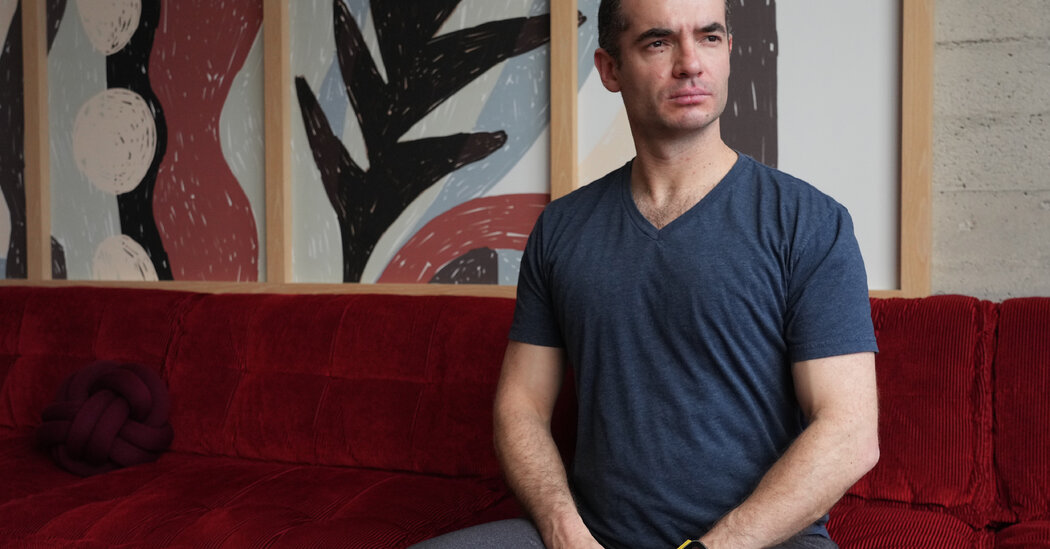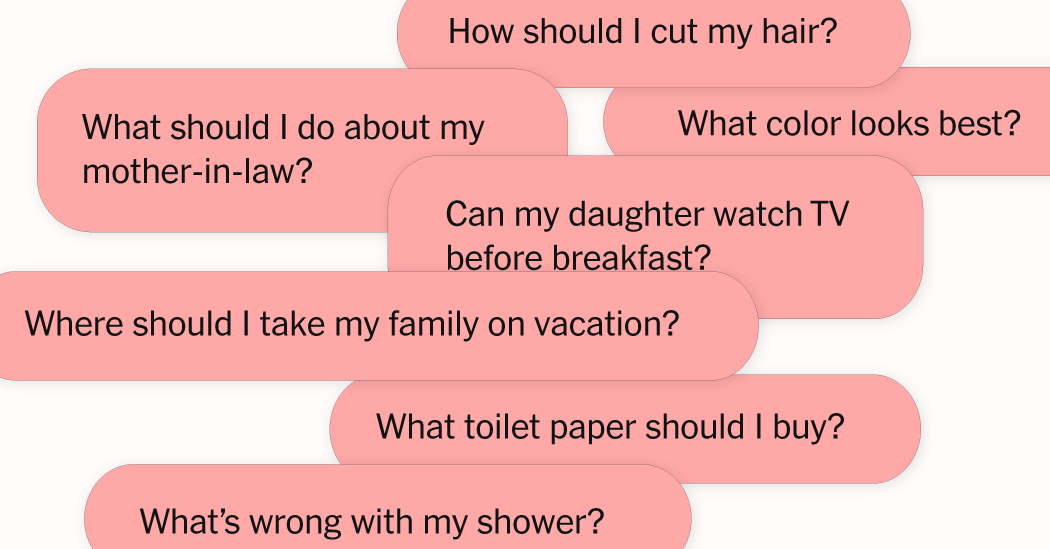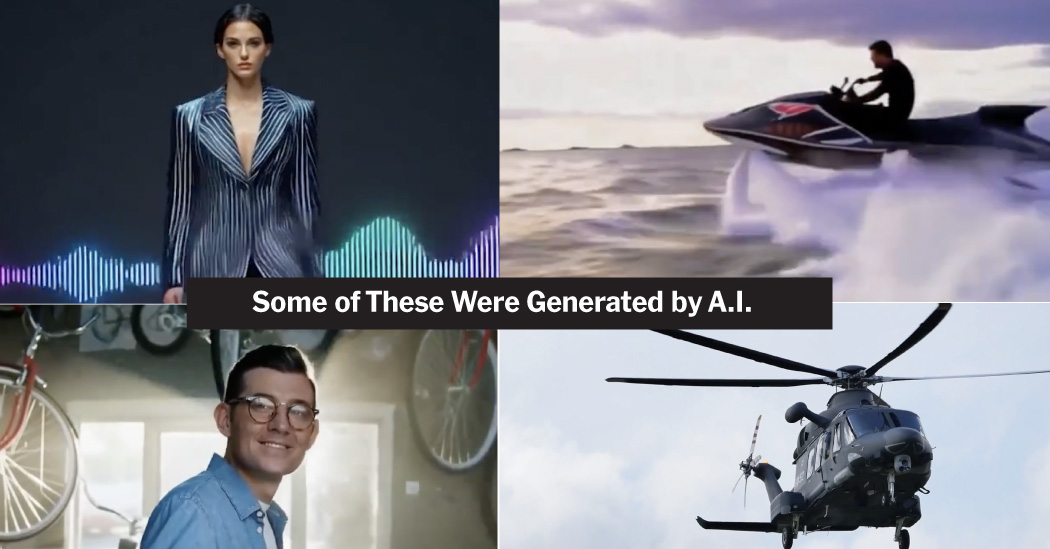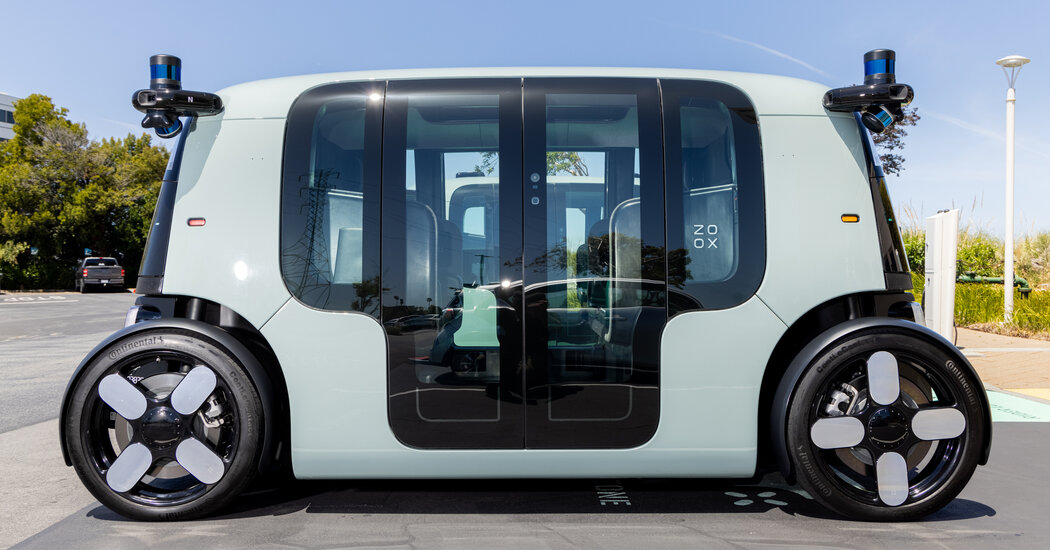Ilya Sutskever, the OpenAI co-founder and chief scientist who in November joined three other board members to force out Sam Altman, the company’s high-profile chief executive, before saying he regretted the move, is leaving the San Francisco A.I. company.
Dr. Sutskever’s departure, which the company announced in a blog post on Tuesday, closes another chapter in a story that stunned Silicon Valley and that raised questions about whether Mr. Altman and his company were prepared to lead the tech industry into the age of artificial intelligence.
After returning to OpenAI just five days after he was ousted, Mr. Altman reasserted his control and continued its push toward increasingly powerful technologies that worried some of his critics. Dr. Sutskever remained an OpenAI employee, but he never returned to work.
“This is an emotional day for all of us,” Mr. Altman said in an interview. “OpenAI would not exist without him and certainly was shaped by him.”
In a statement, Dr. Sutskever said: “I have made the decision to leave OpenAI. The company’s trajectory has been nothing short of miraculous, and I’m confident that OpenAI will build A.G.I. that is both safe and beneficial.” A.G.I., or artificial general intelligence, is an as-yet-unbuilt technology that can do anything the brain can do.
Dr. Sutskever, 38, added that he was starting a new project, but did not elaborate.
A key OpenAI researcher, Jakub Pachocki, will replace Dr. Sutskever as chief scientist at the company, which is valued at more than $80 billion, according to a recent fund-raising deal.
On Monday, OpenAI unveiled a new version of its ChatGPT chatbot that can receive and respond to voice commands, images and videos, joining tech giants like Google and Apple in a race toward a new kind of talking digital assistant.
Founded in 2015 by Mr. Altman, Elon Musk and several young researchers, including Dr. Sutskever, OpenAI has long been at the forefront of A.I. research. Dr. Sutskever’s involvement provided the company with instant credibility. As a graduate student at the University of Toronto, he had been part of an A.I. breakthrough involving neural networks — the technology that has driven the field’s progress over the last decade.
In late 2022, OpenAI wowed the world with the release of ChatGPT, an online chatbot that could answer questions, write poetry, generate computer code and chat a lot like people. The tech industry quickly embraced what is called generative artificial intelligence — technologies that can generate text, images and other media on their own.
The result of more than a decade of research inside companies like OpenAI and Google, generative A.I. is poised to remake everything from email programs to internet search engines and digital assistants.
Mr. Altman became a spokesman for the shift toward generative A.I., testifying before Congress and meeting with lawmakers, regulators and investors around the world. In November, OpenAI’s board of directors unexpectedly ousted him, saying he could no longer be trusted with the company’s plan to eventually create artificial general intelligence.
The OpenAI board had six people: three founders and three independent members. Dr. Sutskever voted with the three outsiders to remove Mr. Altman as chief executive and chairman of the board, saying — without providing specifics — that Mr. Altman had not been “consistently candid in his communications.”
Greg Brockman, OpenAI’s chief operating officer and another co-founder, resigned from the company in protest. So did Dr. Pachocki.
Days later, as hundreds of OpenAI employees threatened to quit, Dr. Sutskever said he regretted his decision to remove Mr. Altman and effectively stepped down from the board, leaving three independent members in opposition to Mr. Altman.
Mr. Altman returned as chief executive after he and the board agreed to replace two members with Bret Taylor, a former Salesforce executive, and Lawrence Summers, a former U.S. Treasury secretary. Mr. Altman regained his board seat several months later, as the board expanded to seven people.
Last year, Dr. Sutskever helped create a Super Alignment team inside OpenAI to explore ways of ensuring that future versions of the technology would not do harm. Like others in the field, he had grown increasingly concerned that A.I. could become dangerous and perhaps even destroy humanity.
Jan Leike, who ran the Super Alignment team alongside Dr. Sutskever, has also resigned from OpenAI. His role will be taken by John Schulman, another company co-founder.
In the weeks leading up to Mr. Altman’s ouster, Dr. Pachocki, who helped oversee the creation of GPT-4, the technology at the heart of ChatGPT, was promoted to director of research at the company. After occupying a position below Dr. Sutskever, he was elevated to a position alongside him, two people familiar with the moves said.
After Mr. Altman was reinstated, Dr. Sutskever did not return to work. Mr. Altman indicated that he was hoping to negotiate his return, but ultimately that was not possible.
Dr. Pachocki has effectively served as chief scientist since November. After Dr. Sutskever recruited him and others to join OpenAI, he was among the key researchers on several of the company’s most important projects, including, most notably, GPT-4.
“I am grateful to Ilya,” Dr. Pachocki said in an interview. “We have different and in many ways complementary styles of leadership.”
Mr. Altman said he talked with Dr. Sutskever on Tuesday. “He has pushed us — and will continue to push us — to, as he says, feel the A.G.I.,” Mr. Altman said.







